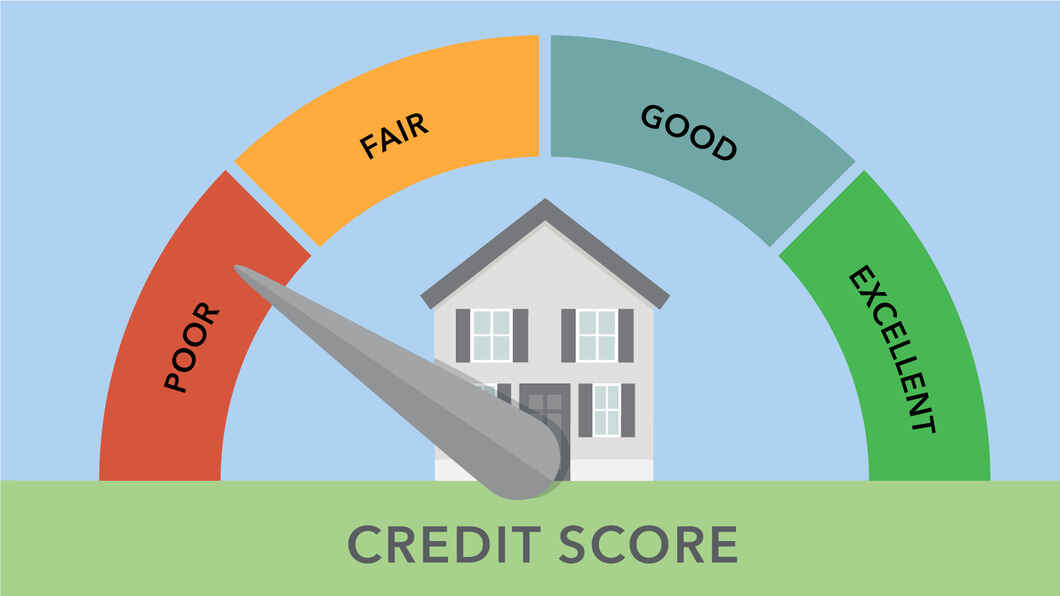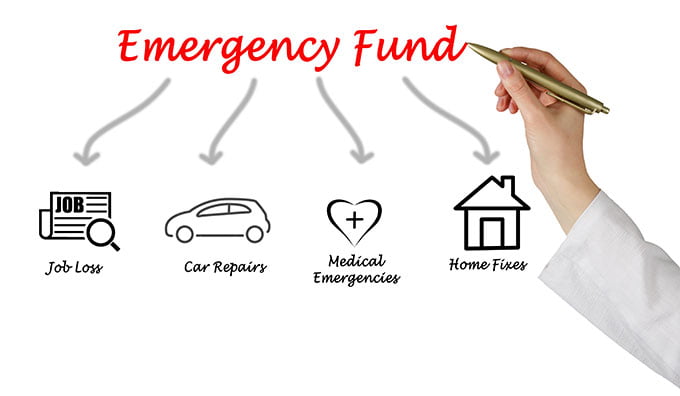The process of buying a home can be a challenging and stressful task, especially when you have a low CIBIL score. A low CIBIL score, also known as a credit score, is a numerical representation of an individual’s creditworthiness and can have a significant impact on the ability to get a home loan.
CIBIL score ranges between 300 to 900. A score of 750 and above is considered as a good score, and a score of 600 or below is considered as a poor score. The higher the CIBIL score, the better the chances of getting a home loan at a lower interest rate. However, it is still possible to get a home loan with a low CIBIL score.
Here are some steps you can take to increase your chances of getting a home loan with a low CIBIL score:
- Check your credit report: Before you apply for a home loan, it is important to check your credit report and understand your CIBIL score. This will help you identify any errors or discrepancies that may be affecting your score. If you find any errors, you can contact the credit bureau and request to have them corrected.
- Improve your credit score: If you have a low CIBIL score, it is important to work on improving it before applying for a home loan. This can be done by paying off any outstanding debts, making all credit card and loan payments on time, and keeping your credit card balances low.
- Get a co-applicant: If you have a low CIBIL score, you can increase your chances of getting a home loan by applying with a co-applicant who has a good credit score. This will increase your chances of getting a home loan, as the lender will consider the co-applicant’s credit score as well.
- Provide collateral: If you have a low CIBIL score, you can provide collateral such as property or fixed deposits to increase your chances of getting a home loan. This will help the lender to mitigate the risk and increase the chances of loan approval.
- Consider alternative options: If you are not able to get a home loan from traditional lenders, you can consider alternative options such as a housing finance company (HFC) or a non-banking financial company (NBFC). These institutions may have more relaxed eligibility criteria and may be more willing to lend to individuals with low CIBIL scores.
- Keep all your documents in order: Make sure you have all the necessary documents in order, such as salary slips, bank statements, PAN card, and ID proof. It will help the lender to verify your income and creditworthiness.
It’s important to remember that getting a home loan with a low CIBIL score may be more challenging, but it is not impossible
Check out Our Home loan calculator for better understanding of EMI’s
FAQ relating to Low Credit score
A CIBIL score, also known as a credit score, is a numerical representation of an individual’s creditworthiness. It ranges between 300 to 900. A score of 750 and above is considered as a good score, and a score of 600 or below is considered as a poor score.
It is possible to get a home loan with a low CIBIL score, but it can be more challenging. However, by taking steps to improve your credit score and considering alternative options, you can increase your chances of getting a home loan.
You can improve your CIBIL score by paying off any outstanding debts, making all credit card and loan payments on time, and keeping your credit card balances low.
Yes, you can increase your chances of getting a home loan by applying with a co-applicant who has a good credit score.
Yes, providing collateral such as property or fixed deposits can increase your chances of getting a home loan with a low CIBIL score.












